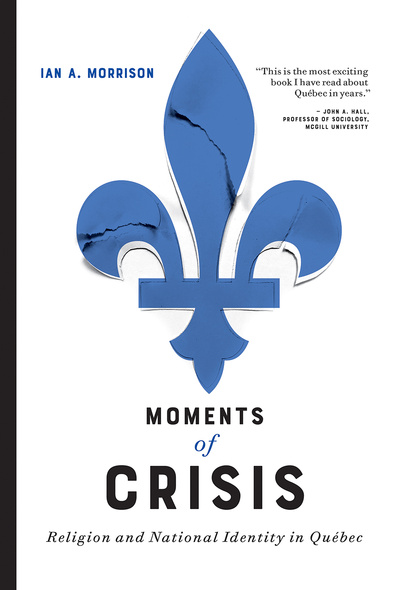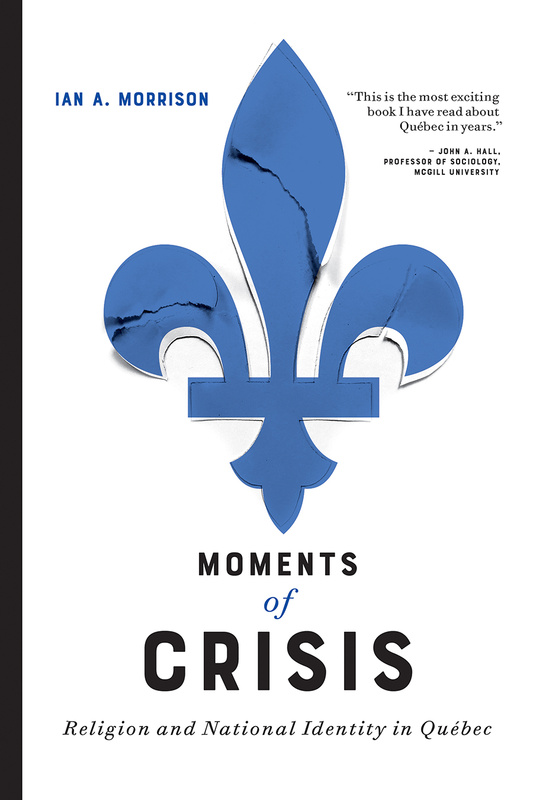
In the past two decades, Québec has been racked by a series of controversies in which the religiosity of migrants and other minorities has been represented as a threat to the province’s once staunchly Catholic, and now resolutely secular, identity. In Moments of Crisis, Ian Morrison locates these controversies and debates within a long history of crises within – and transformations of – Québécois, from the Conquest of New France in 1760 to contemporary times. He argues that national identity, like all identities, is unstable and prone to moments of crisis. It is in these moments that the nation is articulated and rearticulated, reinforced, and ultimately reproduced. Morrison also argues that, rather than seeking to overcome current controversies by reconsolidating national identity, Québécois should look on moments of crisis as opportunities to forge alternative conceptions of community, identity, and belonging.
This book will appeal to students, scholars, and general readers interested in Québec history and politics, nationalism, and the role of religion in politics and society.
Moments of Crisis is a remarkable contribution to the possibility of abandoning the nation as the only imaginable form of community and belonging. Morrison thoroughly reminds us of the difficulty of realizing the fantasy of national wholeness with the existence of moments of crisis. As such, the book opens debates and rethinking of the challenges of forming new ways of belonging, community, and identity instead of presenting alternatives and solutions to the fragility of national identity.
This is the most exciting book I have read about Québec in years.
I really cannot say enough good things about this book. The issues raised in Moments of Crisis are fundamental to ongoing debate concerning religious diversity and identity, not only in Québec but throughout Canada and around the world.
Introduction
1 National Identity, Contingency, and Durability: Historicizing the Nation
2 The Rise of Clerico-Nationalism: Modernity, Assimilation, and Survivance
3 The Quiet Revolution and the State-Centred Nation: Immaturity, Abnormality, Autonomy, and Authenticity
4 The Construction of the Secular Québécois Citizen and the Problem of the Religious Subject
5 Migration and the Crisis of Identity: From the Hérouxville Code to the Charter of Québécois Values
Conclusion
References; Index







